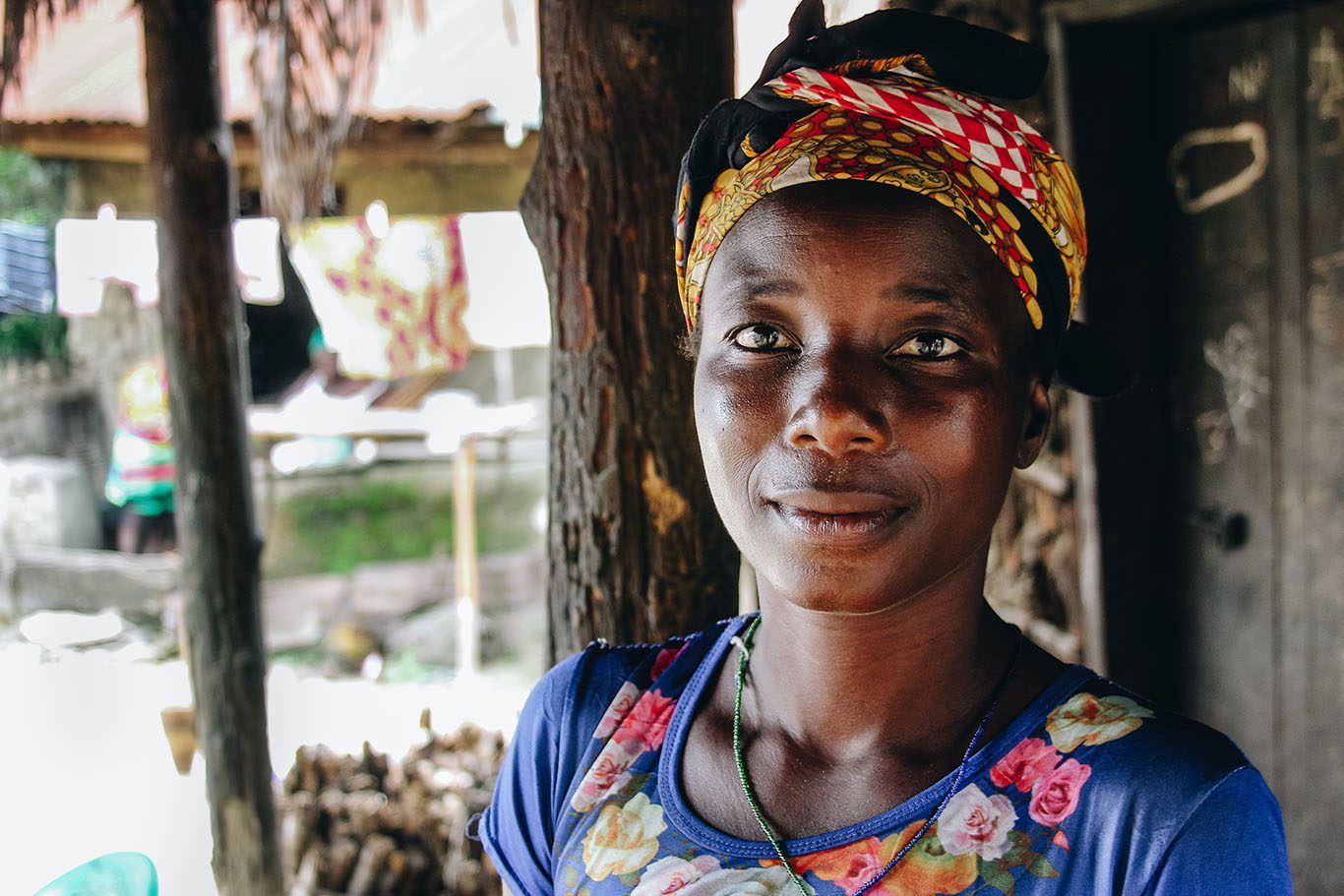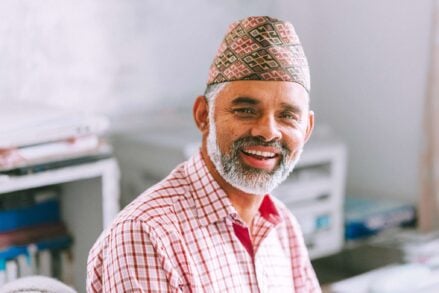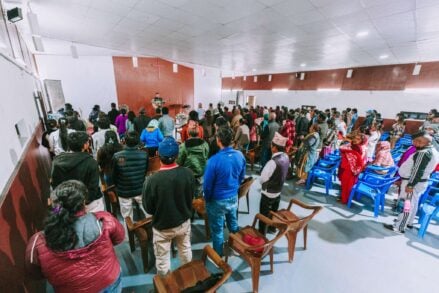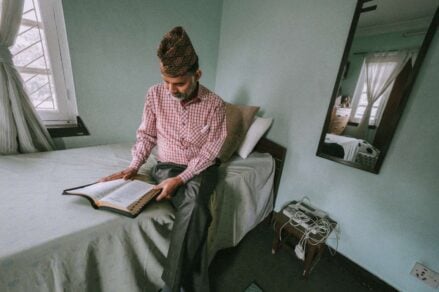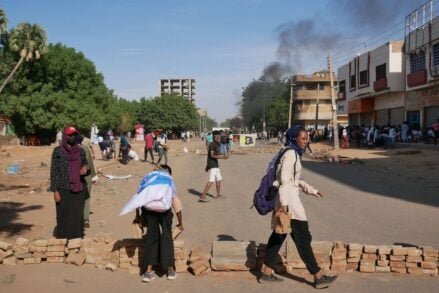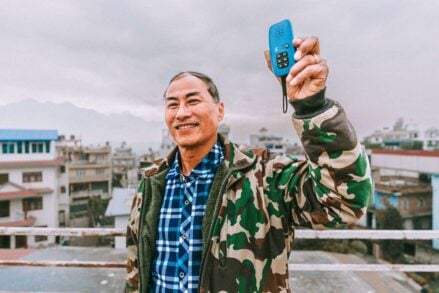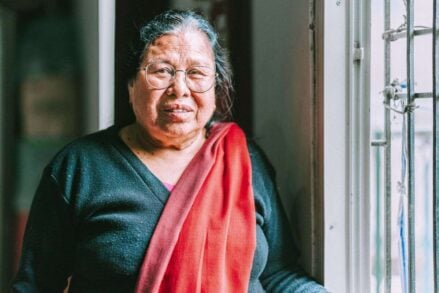Sexual violence across all regions
Most startling in the report’s findings is that sexual violence against women is highly reported across all regions, leading Global Christian Relief to declare it a world-wide calamity. Countries hostile to Christianity in Asia, the Middle East and North Africa, and sub-Saharan Africa all mentioned sexual violence as the top pressure point used against women.
In parts of Asia, Christian women are trafficked as “brides” to China because of the existing socio-economic vulnerabilities of communities; in the Arabian Peninsula, households quietly exploit Christian maids; in sub-Saharan Africa, raiding militias regularly attack women in Christian villages or abduct them for a life of sexual slavery.
“No demographic is spared from religious persecution,” says Global Christian Relief CEO David Curry. “The research shows that women are specifically targeted by efforts to hijack their faith through forced marriage to a spouse of another faith.
“Most frequently, however, Christian women are routinely victimized by sexual assault. These egregious abuses are rooted in the belief that a Christian woman is of inherently lesser value than a man or woman of another faith. It’s all in a concentrated effort to take away a woman’s right to make up her own mind.”
The report says that religious persecution faced by Christian men can be characterized as focused, severe and visible—evidenced by the prevalence of violent physical beatings and attacks on homes and businesses. In contrast, religious persecution targeting women is most characterized as complex, violent and hidden.
“Though every abuse for the sake of one’s faith is problematic, women and girls are facing the most difficult circumstances because they are often forced to suffer silently,” Curry says. “They are hidden in forced marriages or isolated by the lifelong effects of sexual abuse.”
On the surface, a woman’s persecution experience hardly shows, but as Hana, a Christian woman in Southwest Asia, points out, Christian girls and women have hidden, internal wounds that cannot be bandaged.
“Their persecution hides in plain sight,” she says.
Other key findings:
-Violence is prevalent and gender-specific: 82 percent of countries mentioned physical violence as the top pressure point for men, and 84 percent mentioned sexual violence as the top pressure point for women.
-Sexual violence leaves persecuted Christian women and girls alive to suffer lifelong isolation: In the most difficult countries to live as a Christian, women and girls experience persecution—at its peak—as a kind of invisible “living death” (rape, forced marriage, house arrest). In these instances, sexual violence is used both as a form of control and punishment.
-Conscription into militias or military targets Christian men and boys to counteract Christian values in youth: In 66 percent of countries, targeted conscription into militia or highly restrictive military practices places men in duties and experiences that run deeply counter to their Christian beliefs and values. This leaves them guilt-ridden, compromises their relational capacity, and diminishes the church’s ability to lead in peace building. In Latin America, cartels coerce young men into violent service to vengeful leaders; in sub-Saharan Africa, militias conscript young men into jihadist groups.
-The church’s awareness and response could preserve youth for the future: Armed with knowledge of the strategies used against them, Christian leaders will be able to take steps to protect their youth, especially from strategies used to permanently estrange the youth from their communities.
